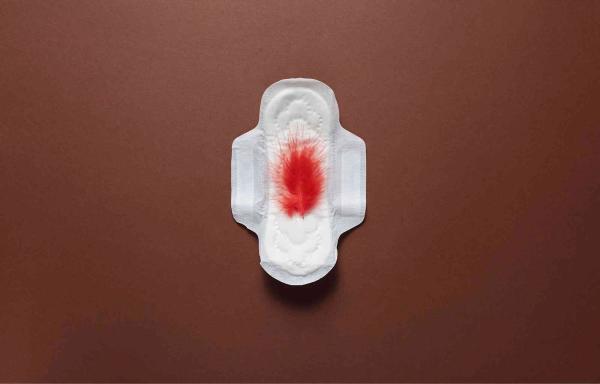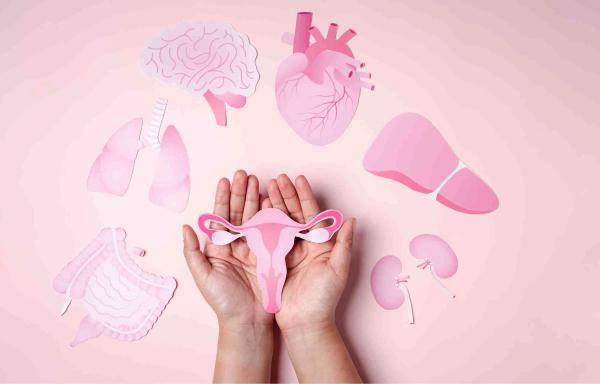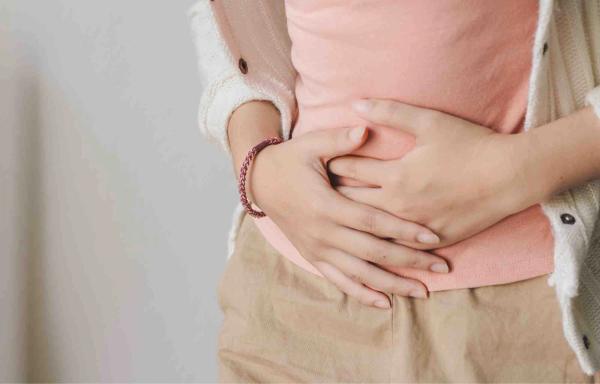Abdominal pain and bleeding
Abdominal pain or irregular bleeding can have many causes. Sometimes they can be completely harmless and go away on their own, but in some cases the pain can be a symptom of an illness.
Our experienced gynecologists take your complaints seriously, and can give you a thorough examination.

Endometriosis
Endometriosis is a condition where tissue that resembles the lining of the uterus grows outside the uterine cavity. This causes too much pain, and the condition can make it difficult for some to get pregnant.
Endometriosis reacts to hormonal fluctuations in the same way as the lining of the uterus, and is an estrogen-dependent condition.

Adenomyosis
Adenomyosis is a benign disease in which the endometrium, the inner layer of the uterus, grows into the muscle tissue of the uterus. This can lead to pain during menstruation, heavy or irregular bleeding and infertility.
A gynecologist can use ultrasound, MRI and laparoscopy to make the diagnosis.

PCOS
Polycystic ovary syndrome (PCOS) is characterized by hormonal imbalance. This causes the egg cells in the ovaries to not mature properly, but become fluid-filled cavities (cysts) and ovulation does not occur. The disease often leads to irregular or non-existent periods, and can make it more difficult to get pregnant.
PCOS is underdiagnosed - often due to a lack of knowledge on the part of the doctors who first see the patients.

Vaginismus
Vaginismus is a condition where the muscles in the vagina contract involuntarily. This can make it painful or impossible to, among other things, have intercourse or insert a tampon. The condition can occur in women of all ages and can have many different causes.

Vulvodynia
Vulvodynia is a painful condition in the vulva (the outer part of the female genitalia), which affects approximately 10–15% of all women during their lifetime. The symptoms of vulvodynia can be complex, but are often characterized by burning or stinging pain that is constant or intermittent.
